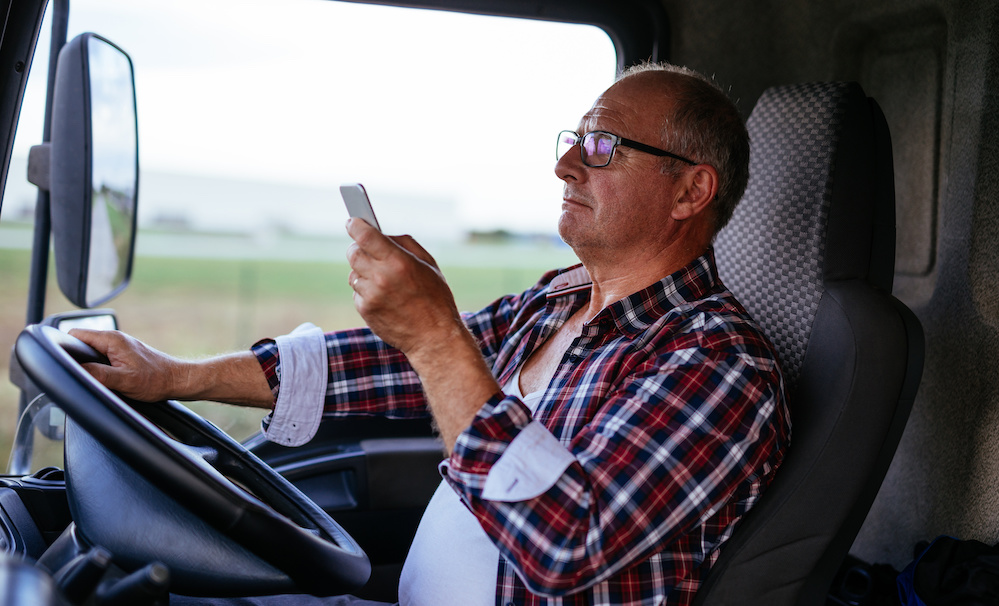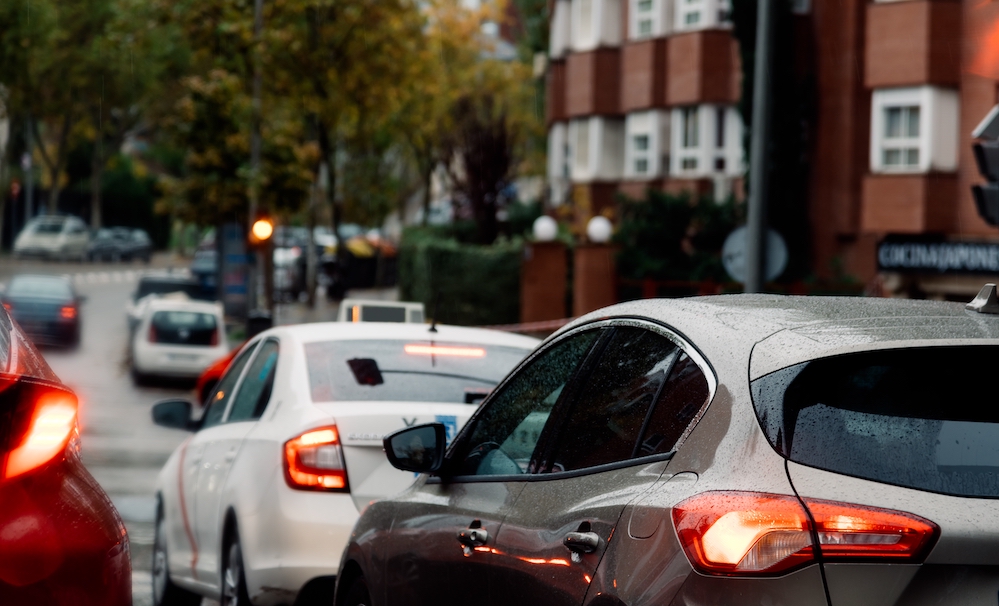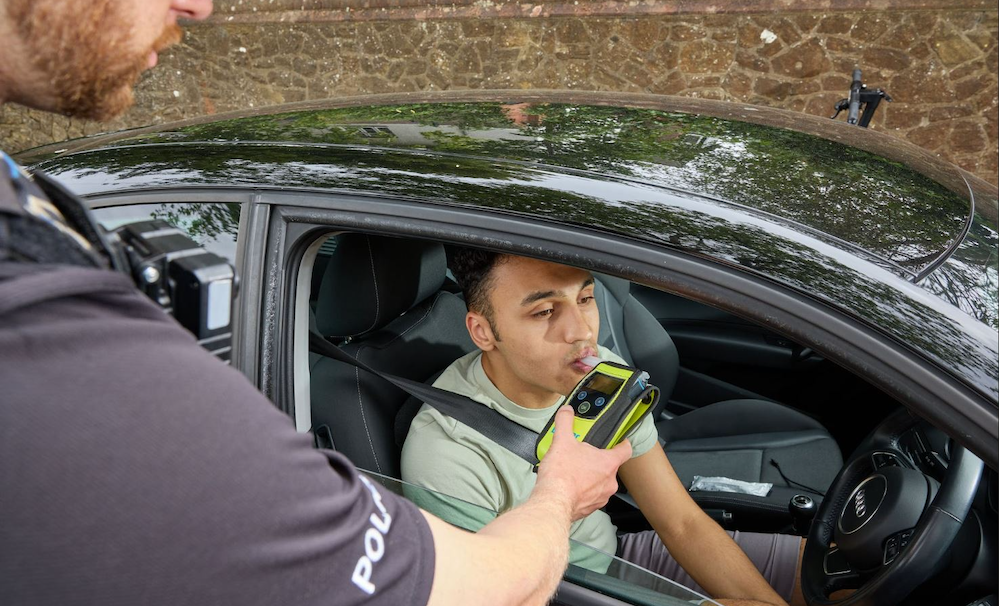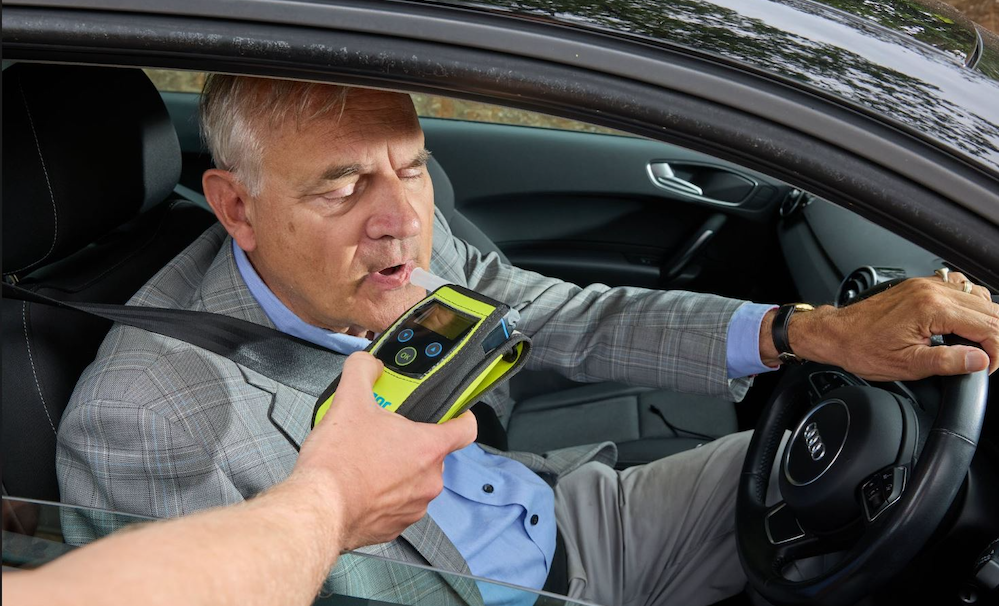Commercial drivers needs to be particularly careful about mobile phone misuse. Not only are they at risk of prosecution but Traffic Commissioners will normally suspend their vocational HGV/PCV licence.
The 31 July 2019 Decision in DPP v Barreto [2019] EWHC 2044 (Admin) concerns what use of a hand-held mobile phone whilst driving is lawful and what is unlawful.
However, even if no mobile phone offence is committed the case stresses how using a hand-held mobile phone in non-intercommunicative ways may still be careless or dangerous driving – with far greater powers of punishment.
In this case a car driver had been filming an accident on his mobile phone as he drove by. Why anyone would ever wish to do this is questionable but was it an offence? He was prosecuted for unlawful use of a mobile phone whilst driving. He was convicted after trial in the Magistrates Court and successfully appealed to the Crown Court. The Prosecution appealed this decision.
In short, the Prosecution said all use of a mobile phone whilst driving is prohibited. The Defence said ‘the regulations are directed only to the use of phones and other devices for the purposes of interactive communication’ – in other words, not everything you may do with a hand-held device whilst driving renders you guilty of that particular offence.
In the DPP v Barreto decision the Court held that the answer to this lay in looking at the law in terms of how Parliament enacted it and not on assumptions. It might be said a layperson would assume that filming on your phone whilst driving would be an offence.
The original law is now quite old and there have been numerous technological developments where mobile phones now have numerous functions, some of which not exclusively communication, when many years ago they were limited to calls and texts.
The Court said ‘it would have been much better to have drafted legislation which was less cumbersome but its effect is clear.’
In short the case says the purpose of the legislation is to prohibit the use while driving of mobile phones and other devices for the purposes of calls and other interactive communication, if held at some point:
* not all use of a mobile phone held while driving is prohibited
* driving while using a mobile phone or other device for calls and other interactive communication (and holding it at some stage during that process) is prohibited.
So what is interactive communication, so as to know what is lawful and what is not? A non-exhaustive list set out in law includes: (i) sending or receiving oral or written messages; (ii) sending or receiving facsimile documents; (iii) sending or receiving still or moving images; and (iv) providing access to the internet…”
The Court went on to say:
‘It should not be thought that this is a green light for people to make films as they drive…….driving while filming events or taking photographs whether with a separate camera or with the camera on a phone, may be cogent evidence of careless driving, and possibly of dangerous driving. It is criminal conduct which may be prosecuted and on conviction may result in the imposition of penalties significantly more serious than those which flow from breach of the regulations. The same applies to any other use of the phone while driving.’
Another case is referred to in DPP v Barreto namely R v Nader Eldarf (September 2018) where the driver had been using his mobile phone to listen to music stored in the phone. In that case the driver had been changing music tracks on his phone which he held in his hand. Was this a mobile phone offence? The Court again held that it was not as it did not involve any external communication. So, pre-stored music hand-held use of the phone is not an offence (but could be careless driving of course) but using it for changing tracks ‘live’ on the internet would seemingly be an offence.
In all this the fact remains that no driver should engage in any conduct that is a distraction – even if the use of a hand-held device is technically not a mobile offence a prosecution for careless or dangerous driving may follow. Road traffic officers may possibly need to amend their approach by pursuing careless driving offences in more cases. Ironically this would in fact reduce the penalties against some drivers if dealt with by fixed penalties as careless driving attracts three penalty points whilst mobile phone offences penalties lead to six penalty points being endorsed. We will also very soon see a new offence of serious injury by careless driving where the use of phones in non-fatal cases will be able to policed more.
The Police may still resort to prosecuting a ‘no proper control’ offence (Regulation 104 of the Road Vehicles (Construction and Use) Regulations 1986) whereby:
“No person shall drive or cause or permit any other person to drive, a motor vehicle on a road if he is in such a position that he cannot have proper control of the vehicle or have a full view of the road and traffic ahead.”
Prosecutions have been pursued against taxi drivers (and other professional drivers) for using apps on mobile phones as either a map or receiving details of a booking both under the mobile phone offence or other offences.
This case highlights how the legislation needs to be revisited to ensure it is fit for purpose. The misuse of mobile phone is on the radar of the Government safety review we reported on here. Mobile phone misuse (analysis already commissioned due Summer 2019). Finally, some drivers who have been convicted in circumstances that would not constitute an offence, as decided in this case, may decide they wish to appeal their convictions.








